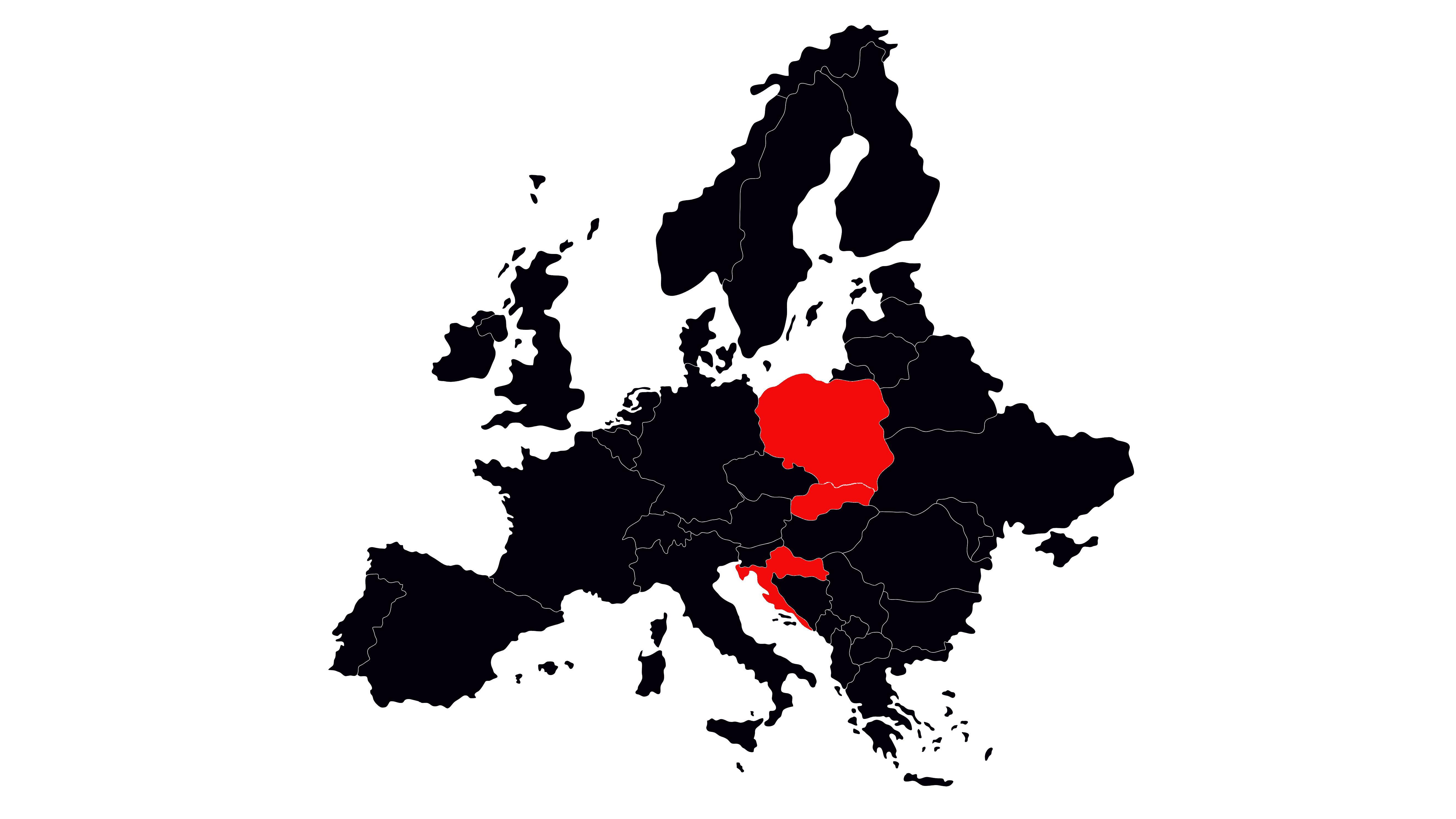
Crash course for Soros agents
Beware of the watchdog
“Dear progressive liberal media and opposition, sorry that I survived, but I’m back,” Slovak prime minister Robert Fico wrote on Facebook upon returning to office after surviving an assassination attempt. With those words, he unleashed a fresh wave of verbal attacks on independent journalists, whom he previously labelled as “filthy anti-Slovak scum” and “bloodthirsty bastards”.
To Fico, the journalists at my newspaper are nothing more than “a herd of squealing pigs of George Soros”, the Hungarian-American democracy advocate. Verbal attacks from government officials, politicians and armies of online trolls are just one of the many obstacles faced by independent media under a populist government with autocratic tendencies.
“During major events, the public consistently turns to SME for reliable, fact-based reporting”
Fico sees public media as an extension of the government, meant to report rather than hold those in power accountable. Since taking office, his administration has followed through on this vision: rewriting laws, ousting the leadership of the public broadcaster and making the new media structure vulnerable to political influence.
As a result, the watchdog role largely falls to independent media like SME. We continue to question those in power, even when the prime minister and his officials refuse to answer questions, withhold data and deny access to basic information.
Biggest source of fake news
We investigated the disinformation campaign against opposition leader Michal Šimečka and his family. We exposed how Telegram has become a lucrative revenue stream for disinformation spreaders and politicians. We uncovered how charity initiatives were exploited to scam vulnerable families. We reported on the collapse of a major cardiology centre due to local power struggles. During elections, disasters, conflicts and other major events, the public consistently turns to SME for reliable, fact-based reporting.
Fico has refused to speak with SME for the past 15 years, yet he eagerly granted an interview to Russian propagandist Olga Skabeyeva, who is on international sanctions lists. His government legitimises shady disinformation networks while portraying independent journalists as enemies of the state.
Our approach to combating disinformation has evolved. The biggest source of fake news is now the government itself. We no longer react to every single lie – doing so would only amplify state propaganda. If we allow ourselves to be dragged into an endless reactive mode, we risk losing our role as gatekeepers of the truth.
Defending against ‘Orbanisation’
It is becoming increasingly difficult to keep the public focused on the most important issues. Every morning, as editor-in-chief, I ask myself: What information do our readers truly need today to make informed decisions?
The challenges we face mirror those that our colleagues in Hungary have been battling for over a decade. Their experience serves as a crash course in resilience against hostile governments. But autocrats also learn from each other, using every tool modern technology provides.
That is why we must discuss our defence strategies – not just in Slovakia, where “Orbanisation” looms, but in all democracies where populist governments seek to undermine press freedom.

